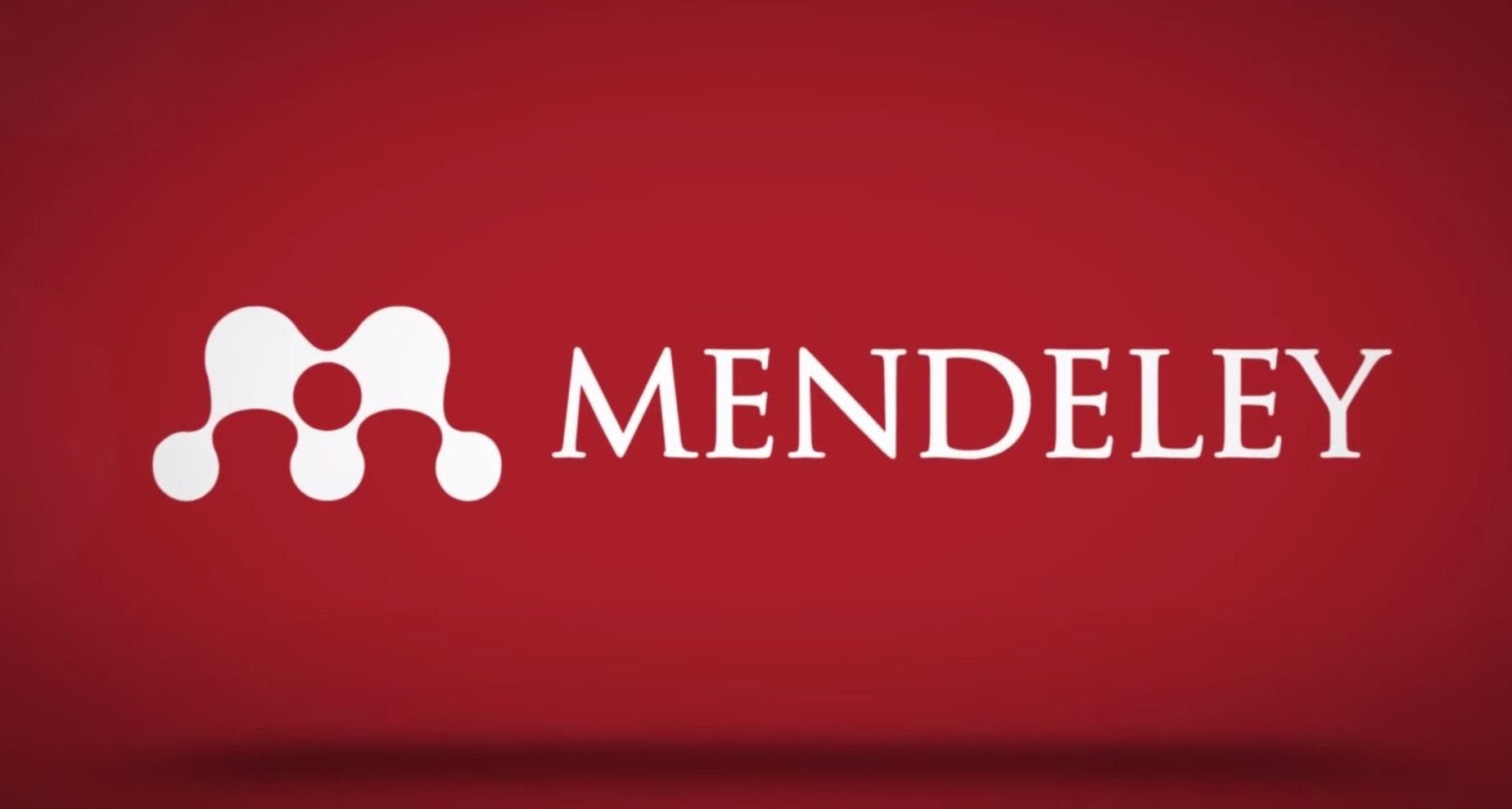IMPLEMENTASI CAPITAL ADEQUACY RATIO DAN HUMAN RESOURCE SLACK DALAM MENGOPTIMALKAN PENERAPAN SUSTAINABLE FINANCE
DOI:
https://doi.org/10.21067/jrma.v11i1.8344Abstract
Abstract
The research objective of this study was used to empirically examine data related to the effect of Capital Adequacy Ratio (CAR) and Human Resource Slack (HRC) on the implementation of sustainable finance implemented from 10 sub-sector sample companies in Islamic banks listed on the IDX for the period 2017- 2020. The analysis used to measure the variables to be examined uses multiple linear regression analysis to test and determine the causal relationship between the independent variables on the implementation of sustainable finance. The results of the research itself show conditions where the Capital Adequacy Ratio has no effect on the implementation of sustainable finance. In addition, a positive effect of Human Resource Slack was also found on the implementation of sustainable finance
Keywords capital adequacy ratio; human resource slack; implementation of sustainable finance.
References
Alim, M. and Sina, D. I. 2020. Pengaruh Capital Adequacy Ratio, Non Performing Financing Dan Laba Bersih Terhadap Financial Sustainability Ratio (Pada Perusahaan Perbankan Syariah Yang Ada Di Indonesia Periode 2014-2018). Balance Vocation Accounting Journal, 4(1), p. 28. doi: 10.31000/bvaj.v4i1.2701.
Amidjaya, P. G. and Widagdo, A. K. 2019. Sustainability reporting in Indonesian listed banks: Do corporate governance, ownership structure and digital banking matter?. Journal of Applied Accounting Research, 21(2), pp. 231–247. doi: 10.1108/JAAR-09-2018-0149.
Bose. S, Khan. H Z, Rashid. A, & Islam S. 2018. What drives green banking disclosure? An institutional and corporate governance perspective. Asia Pacific Journal of Management, 35(2), pp. 501–527. doi: 10.1007/s10490-017-9528-x
Budisantoso, T. and Nuritomo. 2018. Bank dan Lembaga Keuangan Lain. 3rd edn. Edited by M. Masykur. Jakarta: Salemba Empat.
Campbell, D., Craven, B. and Shrives, P. 2003. Voluntary social reporting in three FTSE sectors: A comment on perception and legitimacy. Accounting, Auditing & Accountability Journal, 16(4), pp. 558–581. doi: 10.1108/09513570310492308.
Damayanti, A. F. 2020. Pengaruh Kinerja Keuangan, Good Corporate Governance, dan Karakteristik Perusahaan Terhadap Pengungkapan Sustainability Report. Journal of Chemical Information and Modeling. Universitas Islam Negeri (UIN) Maulana Malik Ibrahim Malang.
Deegan, C. 2002. Introduction: The legitimising effect of social and environmental disclosures – a theoretical foundation. Accounting, Auditing & Accountability Journal, 15(3), pp. 282–311. doi: 10.1108/09513570210435852.
Deloitte. 2018. Sustainability and the board: What do directors need to know in 2018?, ww2.deloitte.com, pp. 1–7.
Ghozali, I. 2020. 25 Grand Theory. Semarang: Yoga Pratama.
Khamilia, Nada., & Nor, Wahyudin. 2022. Faktor-Faktor dalam Meningkatkan Pengungkapan Green Banking. Jurnal Riset Akuntansi. Vol. 12, No. 1. Pp 1-23.
Kim. S I, Shin. H, Shin. H, & Park S. 2019. Organizational slack, corporate social responsibility, sustainability, and integrated reporting: Evidence from Korea, Sustainability (Switzerland), 11(16). doi: 10.3390/su11164445.
Lecuona, J. R. and Reitzig, M. 2014. Knowledge worth having in “excessâ€: The value of tacit and firm-specific human resource slack. Strategic Management Journal. doi: 10.1002/smj.2143.










